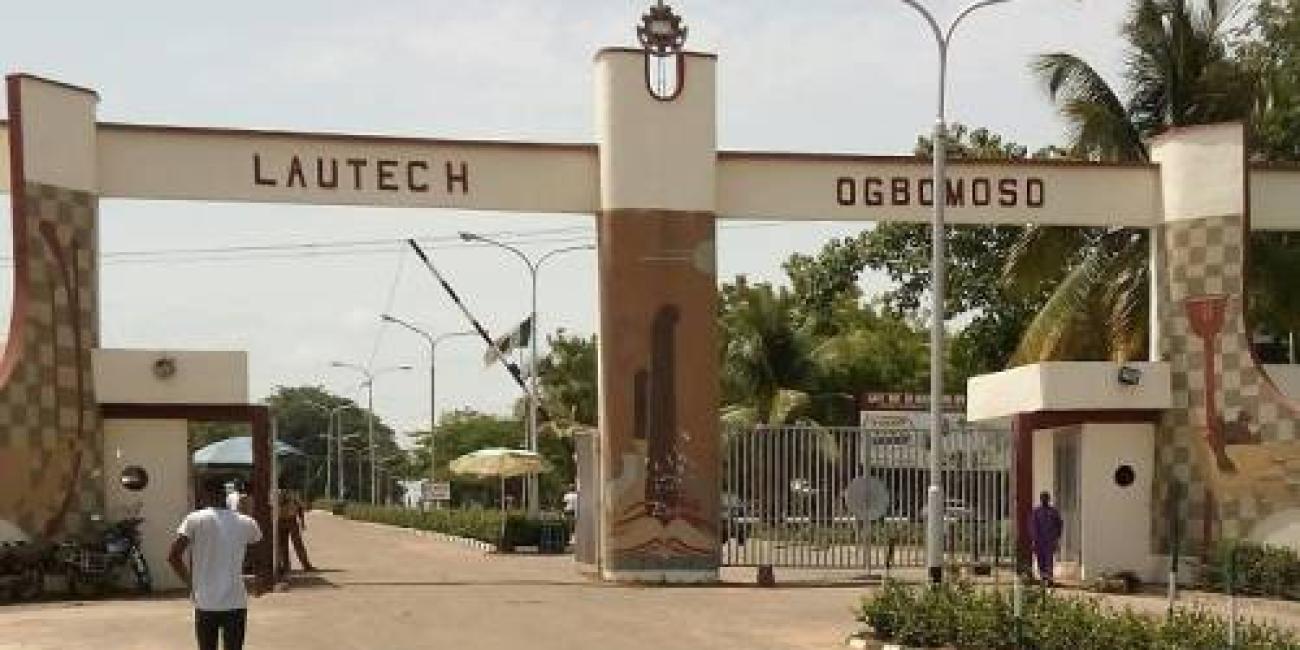Ogbeh: Nigeria’s Rice Policy Hurting Thai Production


The Minister of Agriculture and Rural Development, Chief Audu Ogbeh has said that the federal government’s ban on the importation of rice into the country was having severe effects on rice production in Thailand.
Thailand used to be the largest exporter of the food staple to Nigeria, until government imposed a moratorium on the importation of rice at the inception of the current administration.
Ogbeh, who revealed this yesterday at the 10th mid-term town hall meeting held in Abuja, stated that increased production of rice in Nigeria has led to the closure of seven factories in Thailand.
The affected mills are considered to be among the biggest producing rice in the South-east Asian country, he said.
Ogbeh said as of 2014, Nigeria was importing 580,000 tonnes of rice from both Thailand and India but the volume dropped drastically by almost 50 per cent to 280,000 tonnes in 2016, thus allowing government to save foreign exchange that would have otherwise gone into importing the commodity.
“We have no reason to be importing everything. The Thai rice is of low-grade because it is stored in silos for many years before it is exported. The Thais don’t eat parboiled rice; they eat white rice,” Ogbeh said.
He lauded the Anchor Borrowers’ Programme of the Central Bank of Nigeria (CBN) in Kebbi State involving 400,000 farmers, asking all Nigerians to emulate the state by growing and eating locally grown rice.
Ogbeh, who also unfolded government’s desire to plant 10 million cocoa trees annually in 28 states, added that the Nigerian authorities were on the alert following report of an attempt to import eight shiploads of low quality rice to Benin Republic for onward smuggling into Nigeria.
He also proffered reasons why imported rice is cheaper than local rice.
According to him, rice cultivation is subsidised in Vietnam, India and Thailand to earn foreign exchange, while Nigerian farmers sell at higher prices because they borrow at higher interest rates from banks.
Variable costs incurred on diesel to power Mills and transport expenses, also combine to make Nigerian rice put at between N15,000-N17,000 per 50kg bag, costlier in the market, he said.
Rice from South-east Asian countries sell for about N13,000 a bag.
Ogbeh further informed the gathering that President Mohammed Buhari had given approval for government to table the issue of the killing spree by herdsmen in several communities at the next African Union (AU) summit as a mark of protest against the herdsmen alleged to be infiltrators from other African countries.
According to him, there is no land for grazing in Benue State because the entire land in the state is meant for cultivation, pointing out, however, that in recent times, there has been a measure of co-operation between farmers and herdsmen.
Ortom, who said the federal government and security agencies had been very supportive in assisting the state with its security crisis, added that his visit to the Villa was meant to brief the acting president on the security situation in the state.










